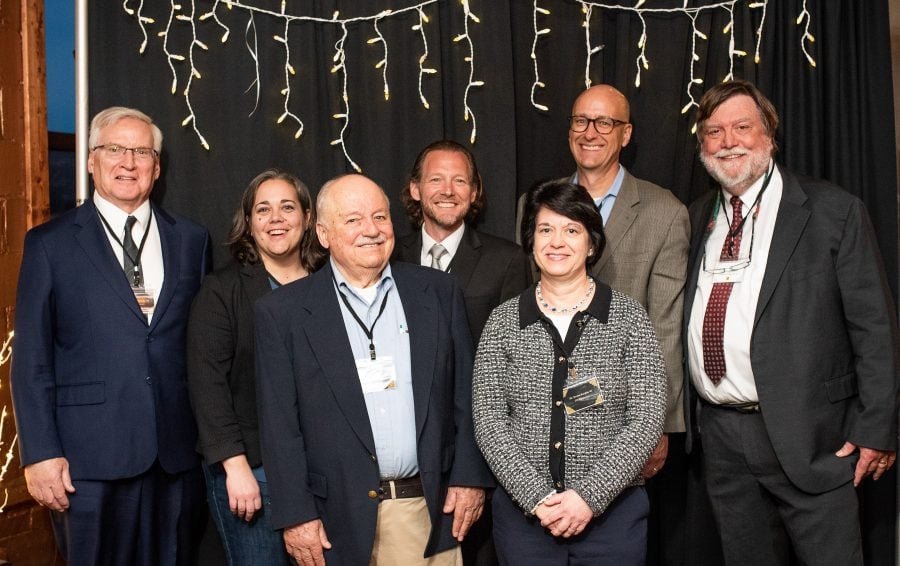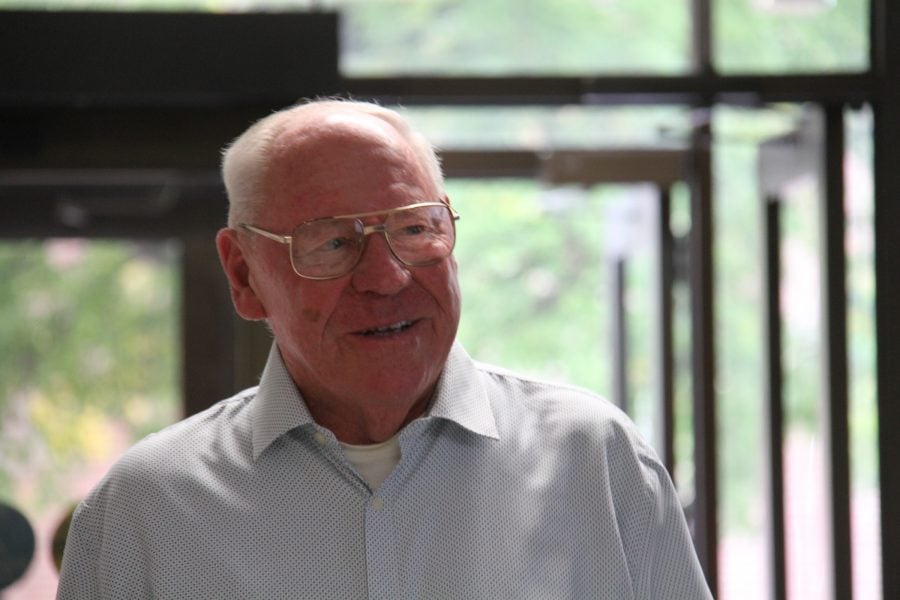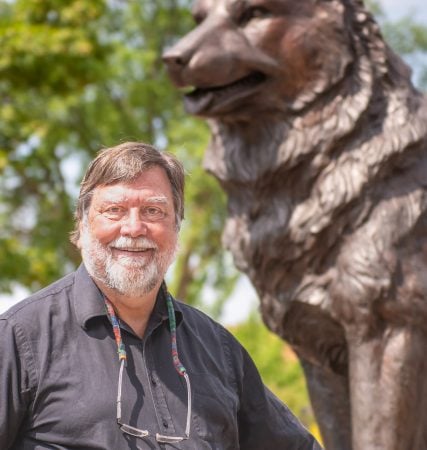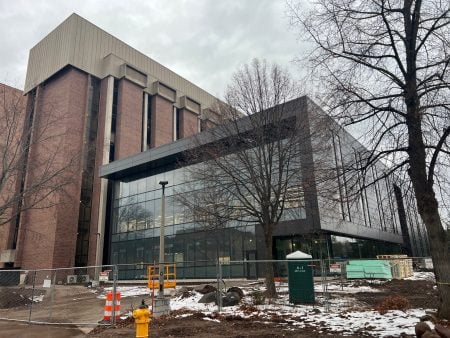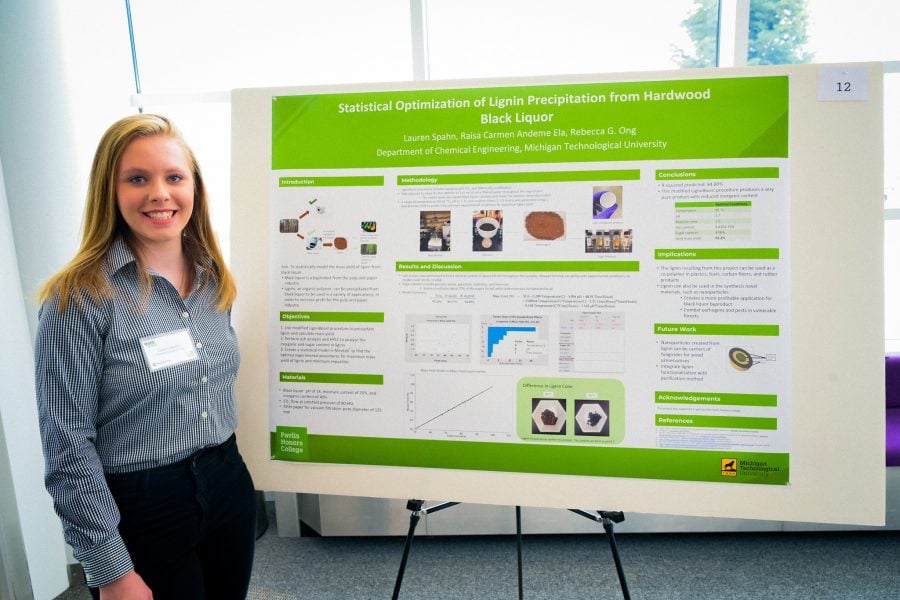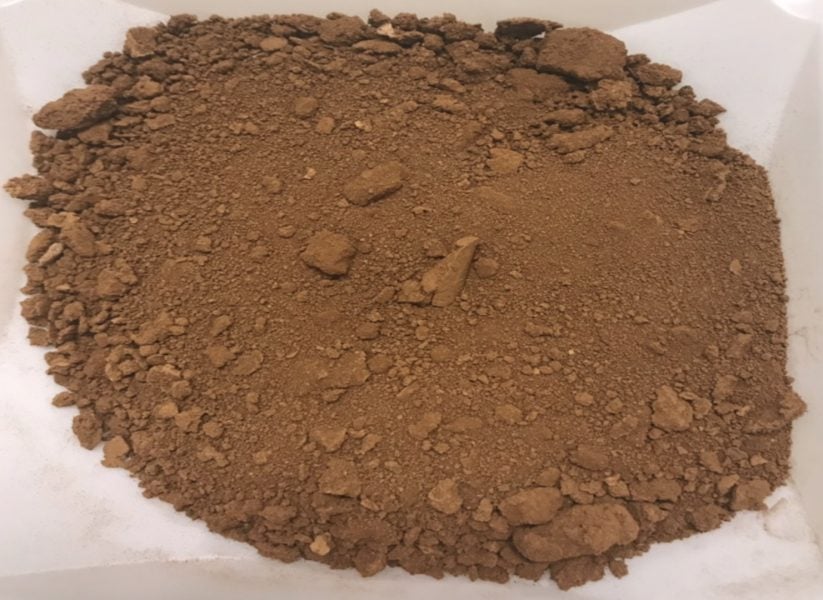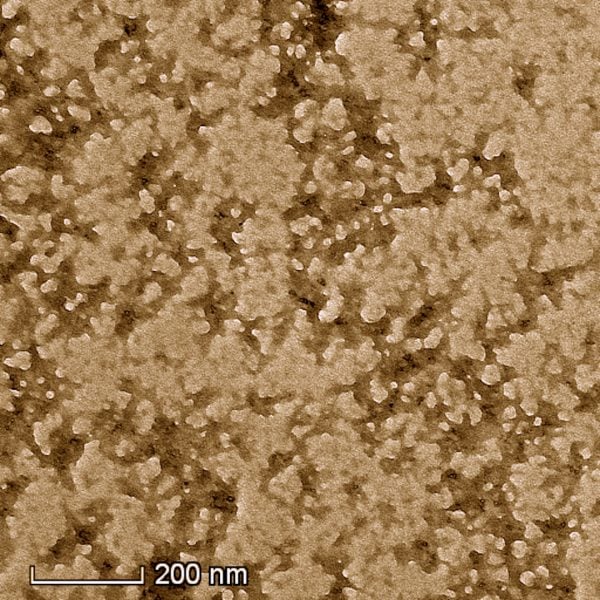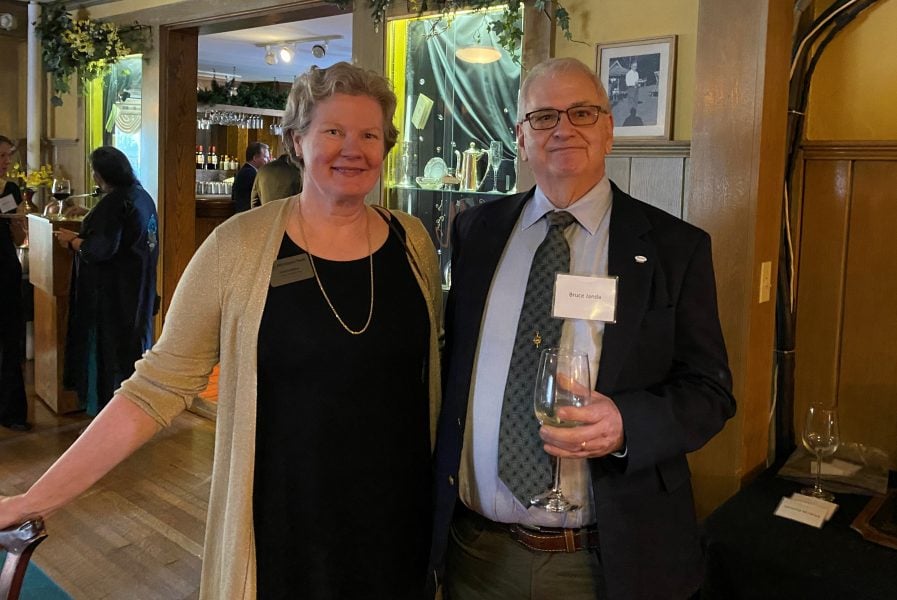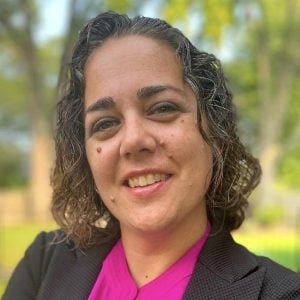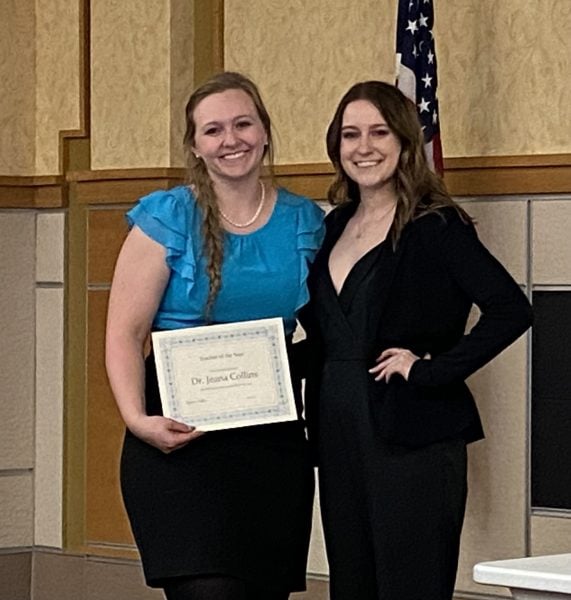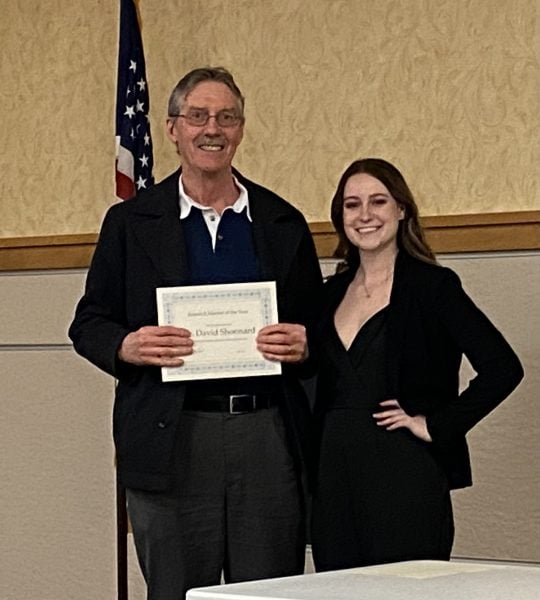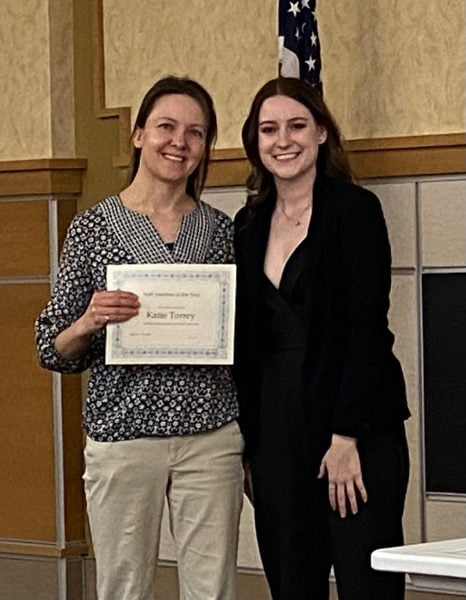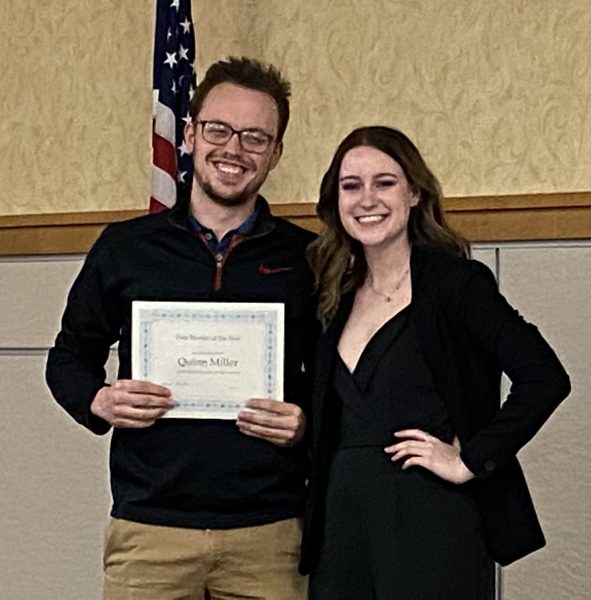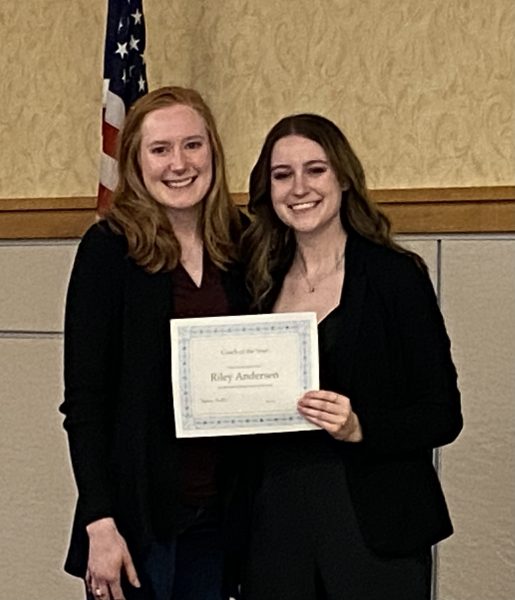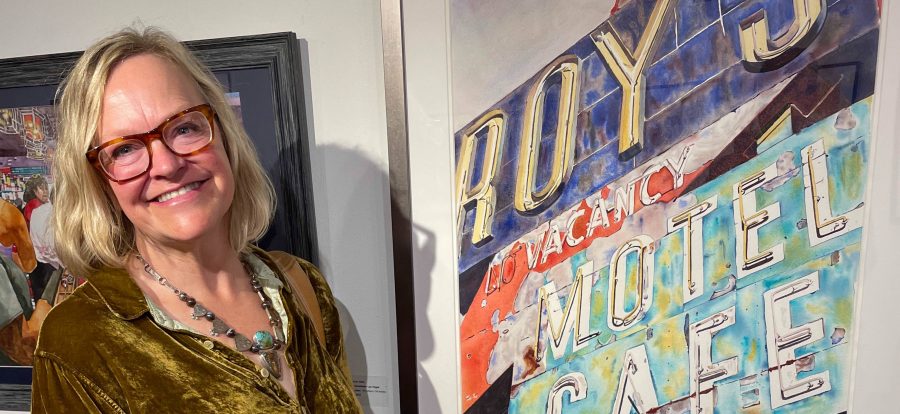
For many alumni, attending Michigan Tech is a formative experience—shaping careers, deepening their connection to nature, and encouraging a life of exploration. For Ellen Hedfield ‘85 (BS Chemical Engineering), it did all that and more. Now retired, the former environmental engineer and longtime outdoors enthusiast is exploring a second act in watercolor art.
Growing up in Detroit, Hedfield initially wanted to become an architect until a high school advisor suggested engineering. Applying to just two universities, Michigan Tech and the University of Michigan, Hedfield visited Ann Arbor but it wasn’t the right fit. She enrolled at Tech, sight unseen, and it didn’t take her long to know that she made the right decision.
